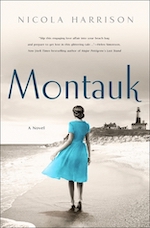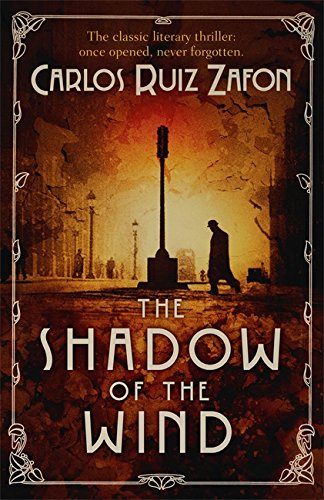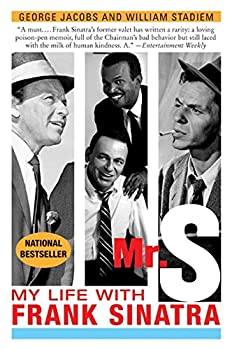- Messages
- 17,456
- Location
- New York City

Montauk by Nicola Harrison published in 2019
This was my second attempt at a "beach read" this summer (however, read not at the beach, but in a NYC apartment during the pandemic).
Highly touted (as all books seem to be today, hmm), it's an adequate effort, but nothing more. Set in the late '30s, the story follows the life of a young New York City society woman, Beatrice Bordeaux, who decamps with her husband, Harold, for the summer to an oceanfront hotel, the Manor House - a new hotel "palace" for society - in the fishing village of Montauk. He comes for the weekends, while she stays out there all summer.
Their marriage is stressed as five years has produced no heir for hubby Harold and the Bordeaux dynasty. While alone during the week and bored with the society women and their endless luncheons and charity committee meetings, Beatrice befriends a local woman who takes in some of the hotel's laundry. From there, she meets outdoorsy handsome and stoically gentlemanly-in-a-not-society-way lighthouse keeper Thomas.
Yup, this is an author who has no shame in living out her fantasy life in cliches in her book, but hey, I wanted a beach read, so all's fair so far. The rest of the novel is Beatrice realizing that she doesn't really love her husband and being "in society," and wants to live a "truer" life with Thomas and the Montauk locals.
Okay, that too is fair enough and has happened. But of course, being a modern novel, the author can't help virtue signalling all her politically correct views stuffed anachronistically into her 1930s' heroine and plot. So, we have a MeToo moment as Beatrice's husband rapes her one night after they've stopped having sex, but Thomas, the lighthouse keeper, of course, only touches her after getting positive consent.
Also, most of the men are two-dimensional cliches that range from mansplainers to misogynists, except for the few women-fantasy-perfect men like the lighthouse keeper. However, the women are sensitive, smart and, usually, abused or dismissed by men - except for a few wealthy white women who seem fair game for condemnation by this author.
And perhaps the favorite cliche of all time of progressive movies and books going back many decades - that wealthy people do not enjoy their parties as they are all posturing and backstabbing, but poor people only have genuine fun and good will at theirs - is trotted out. Anyone who's been to both kinds of parties knows the cliche is nonsense, not worthy of any serious writer. It's not that the reverse is true; it's just simply that each group has its good and bad parties, its good and bad people, its good and bad intentions.
There are a lot of twists and turns and secrets revealed as Beatrice plans her escape from her rich husband and society to join the "real" people of the fishing village and her hunky but, of course, sensitive and supportive lighthouse keeper. At times, it's a fun page turner, but the too-easy-to-guess plot and completely not-of-the-period politics weighs down the effort. I'm done with "beach reads" for this summer.





